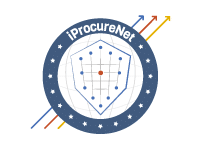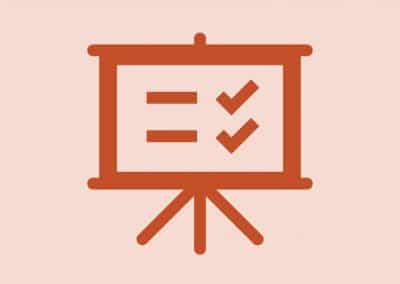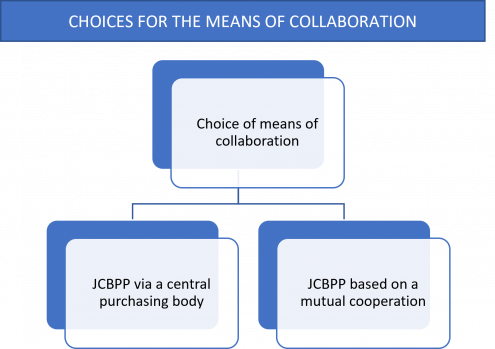Overview
JCBPP can be carried out in several different ways:
- The procurement procedure is entirely carried out jointly in the name and on behalf of all CAs
- The procurement procedure can be conducted only by one of the CAs on its own behalf and on behalf of the other CAs
- Either by a CBP
- Either by one CA
Types of cooperation to conduct a JCBPP:
- Setting up a joint entity, incl. European Groupings of territorial cooperation under Regulation (EC) No 1082/2006 of the European Parliament and of the Council or any other entity established under Union law;
- Using centralised purchasing activities offered by a CPB of another Member State; or
- Operating on the basis of an international agreement or a mutual agreement to award a public contract or a framework agreement, or to jointly operate a dynamic purchasing system.
As to joint cross-border public procurements of security solutions, due to the sensitive nature of internal security activities and requirements upon offices that conduct such activities, creation of joint legal entities is most likely not an option in the foreseeable future.
JCBPP via a central purchasing body
Main characteristics
A central purchasing body (CPB) is a contracting authority that provides centralised purchasing activities and possibly purchasing related support services – e.g. infrastructure, advice, preparatory activity etc – on a permanent basis.
CA can acquire supplies from or through a CPB
- The CPB acts as a wholesaler, acquiring products and selling them further to contracting authorities upon their request
- The CPB acts in the role of an intermediary, conducting procurements for the benefit of CAs, either
- Autonomously, , without detailed instructions from the contracting authorities concerned, or
- Under the instructions of the contracting authorities concerned, on their behalf and for their account
Both options are in conformity both with the Defence and Security Directive as well as with the Classical Directive.
The functions of a CPB under the Defence and Security Directive do not seem to include the provision of ancillary purchasing services or procurement support services.
Under the Classical Directive, Member States may make the use of CPB or a particular CPB nationally mandatory, or
CAs can use the services of a CPB on a voluntary basis, possibly with the incentive of lessening the administrative burden or gaining some benefit from the increased procurement expertise of the CPB.
JCBPP based on a mutual agreement
Characteristics of an occasional JCBPP
Under the EU legal framework, CAs are free to engage in an ad hoc cross-border cooperation, in order to:
- jointly award a public contract
- operate a framework agreement, or
- operate a Dynamic Purchasing System
This type of collaboration is legally feasible for most targeted purchases, including:
- more complicated JCBPP cases, and
- where purchases via CPB, especially a wholesaler CPB, would fail the need for flexibility and interactive cooperation, such as pilot projects targeting particularly innovative procurements.
Variety of forms of ad hoc of JCBPP from:
- coordinated procurement through the preparation of common technical specifications to
- jointly conducting a procurement procedure either
- by acting together or
- by authorising one of the contracting authorities as a leading buyer with the management of the procedure on behalf of other collaborator
An agreement between the collaborators must determine:
- the exact nature of the collaboration
- allocation of responsibilities among them
- the applicable national laws and
- the organisation of the procurement procedure, including
- the management of the procedure
- the distribution of the works, supplies or services to be procured, and
- the conclusion of contracts.
> Conducting a JCBPP
> Means of conducting JCBPP
Joint Cross-Border Public Procurement (JCBPP)
JCBPP and IP in the Security Sector
Joint Cross-Border Public Procurement (JCBPP)
Innovation Procurement (IP)
How to: Guide for JCBPP & IP
Ethics in procurement
























